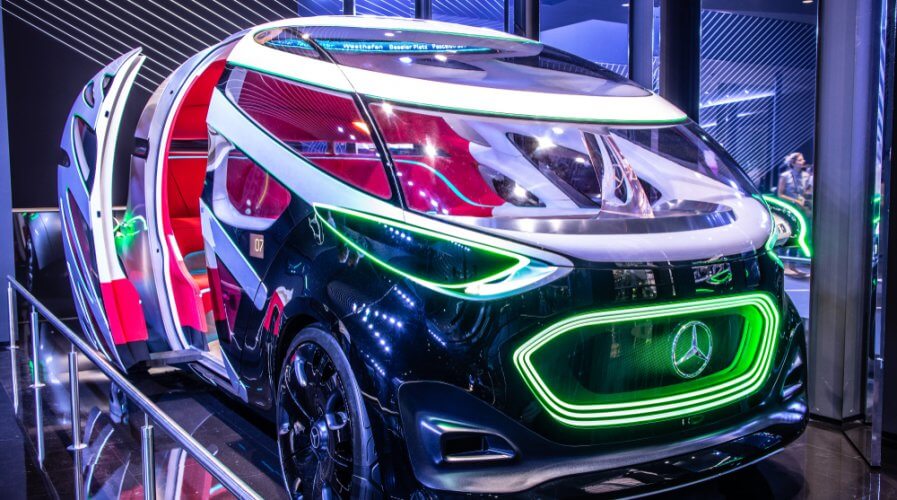
It seems as though autonomous mobility solutions are going to be well received. Source: Shutterstock
Autonomous mobility solutions could cut car ownership in half
CURRENTLY, auto sales are an indicator of consumer’s confidence in the economy and perhaps even a marker of national prosperity. When auto sales are down, it’s not just the car manufacturers who worry, but also analysts and regulators.
However, that’s changing slowly. With ride-hailing on the rise, millennials decided to re-think whether or not they needed a car, and a lot of individuals seem to have decided to avoid making a purchase.
According to new research from Accenture, that trend is likely to see another significant growth spurt with the arrival of autonomous mobility solutions such as self-driving buses and taxis.
The company surveyed 7,000 consumers in the US, Europe, and China, 85 percent of whom were car owners and found that revenues from mobility services were expected to reach nearly EUR1.2 trillion (US$1.32 trillion) by 2030.
The exponential growth in the market for “mobility as a service” is expected to be driven by constant improvements in autonomous vehicle technologies.
Aside from the revenue figure, the survey revealed another interesting statistic: Although 96 percent of the car owners surveyed said they think they will own a car in the future, 48 percent of them said they would consider giving up car ownership if autonomous mobility solutions were available.
Based on the findings of this survey alone, it seems as though consumers in China are more likely to make the move to autonomous mobility solutions as compared to those in Europe or America — but there are many reasons for that.
China is far ahead in the race to get self-driving cars and buses onto the streets, with trails running concurrently in several of its provinces — inviting the public to experience what it is like to use the services, on-demand.
As a result, the public in China seems to be better able to understand the value that autonomous mobility solutions will bring to their life and gauge how it’ll improve their standard of living.
The report also made the distinction between premium-brand car owners and non-premium brand car owners and found that the preference for a move to autonomous mobility solutions wasn’t hindered in any way between the two categories — in-fact, the former, driven by a need for comfort and convenience, were more likely to avoid car ownership in the future.
Obviously, the report has several implications for business owners, not just in the automotive market, but also in retail, real estate, and other industries.
Based on previous coverage on Tech Wire Asia, it’s easy to say that automakers such as Ford and Mercedes are already exploring alternative business models.
The companies that really need to start thinking about opportunities once autonomous mobility solutions come to life are the players in retail.
Retailers can really use the time on the commute to educate, showcase, and sell new and exciting concepts, ideas, and products, using interactive technologies such as augmented reality, virtual reality, and holograms.
Self-driving cars and buses are coming, there’s no stopping them. Consumers are not going to push back, instead, they’ll enjoy the ride — literally. Businesses that see the opportunities in that new reality first, and take action now, will have a chance to capture new ground and win big.
READ MORE
- Ethical AI: The renewed importance of safeguarding data and customer privacy in Generative AI applications
- How Japan balances AI-driven opportunities with cybersecurity needs
- Deploying SASE: Benchmarking your approach
- Insurance everywhere all at once: the digital transformation of the APAC insurance industry
- Google parent Alphabet eyes HubSpot: A potential acquisition shaping the future of CRM


